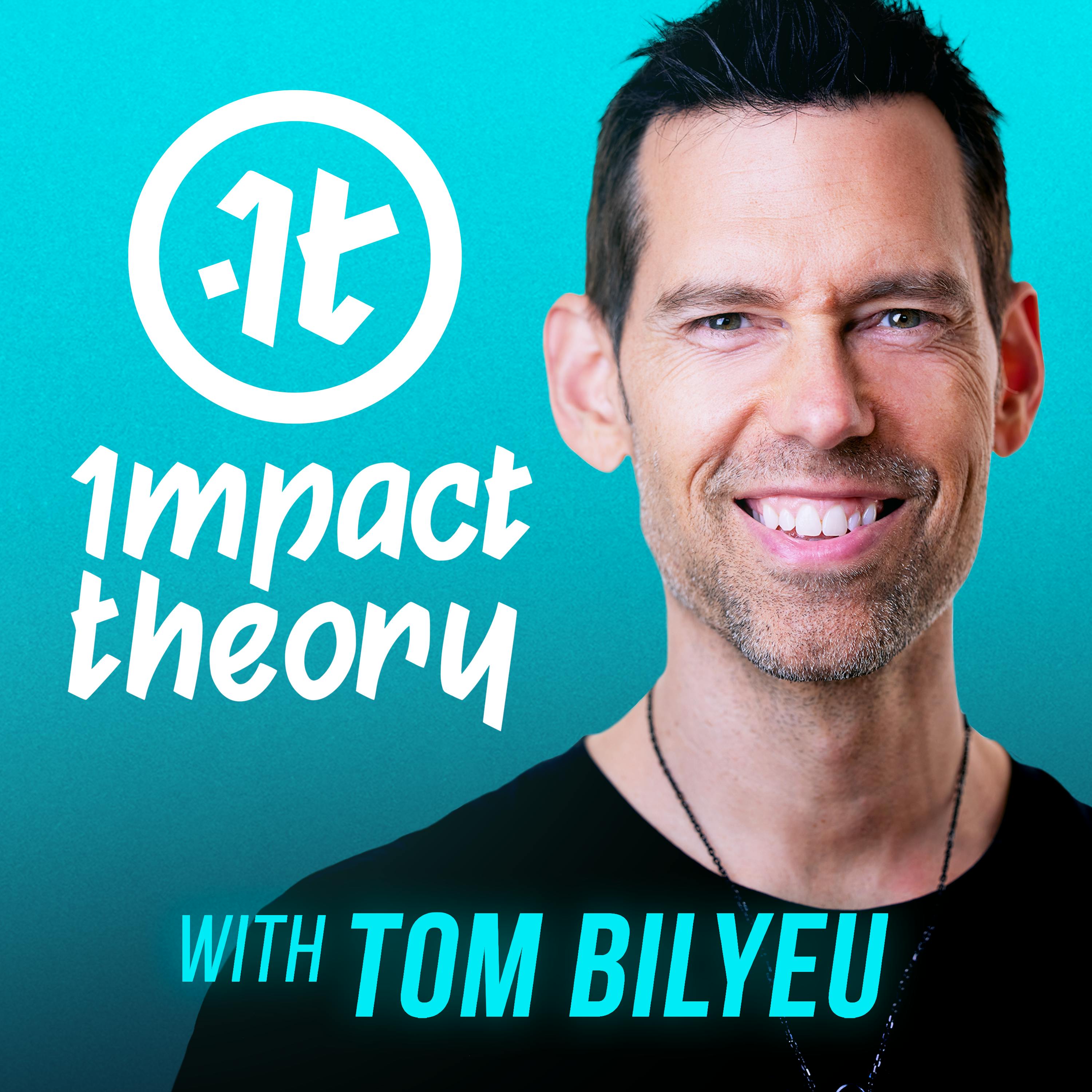
Coleman Hughes and What it Will Take to Actually Address Racism (Replay)
Impact Theory with Tom Bilyeu
Episode Insights
See all- The power of personal responsibility and a proactive mindset is emphasized, where success is attributed to individuals taking full control over their life choices despite difficulties. This approach challenges a victimhood mentality and underscores the importance of self-empowerment.
- Economic empowerment through entrepreneurship is highlighted as a more effective means of community upliftment than political power. Historical examples underscore that wealth creation often leads to more substantial progress than securing political influence, as seen in the case of Asian Americans.
- The importance of role models is discussed, particularly in the context of growing up in poverty, where the lack of exposure to successful individuals can restrict one’s aspirations. Personal anecdotes show how a lack of role models can prevent talented individuals from pursuing higher education or professional success.
- The discussion on police reform presents a strategic view that emphasizes careful analysis of law enforcement functions. The importance of balancing the need for public safety with minimizing unnecessary confrontations is highlighted, along with reallocating certain responsibilities to more appropriate community support services.
- The example of Camden, New Jersey illustrates a successful model of policing overhaul, where dismantling and replacing a police force with community-aligned approaches can lead to improved outcomes compared to simple defunding.
- The episode challenges the narrative that capitalism inherently promotes racism, using historical and contemporary examples across different economic systems. Examples like the Plessy vs. Ferguson case show that market forces can sometimes align with anti-racist goals.
- The episode addresses the divisive nature of modern anti-racist narratives that prioritize racial identity over individual experience. It suggests that such a focus can be counterproductive and calls for broader strategies that address economic disparities regardless of race.
- The realities of music production during COVID-19 are explored, revealing that while the creation process can be solitary and adaptable to isolation, the educational aspects and communal learning suffer without direct engagement.
- The juxtaposition of pursuing both music and intellectual endeavors is discussed, highlighting societal perceptions that may undervalue the intellectual contributions of musicians or struggle to accept multifaceted identities.
- The dynamic nature of personal identity is reflected upon, with narratives exemplifying how it is influenced by individual choices and societal challenges, stressing the importance of evolving one's focus to address community problems and personal growth.